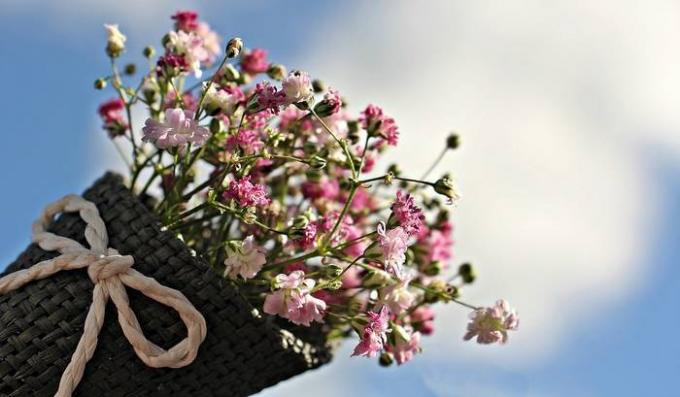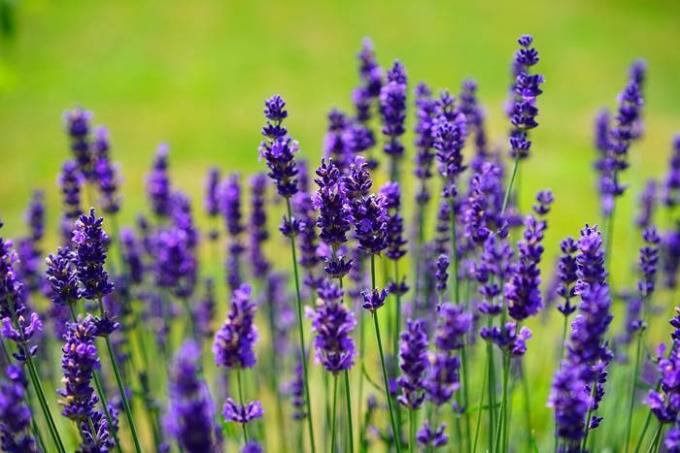Swollen nose, watery eyes and itchy skin - this is not all that you need to know about the insidious plants provocateurs to increase sensitivity to sunlight
Strengthen susceptibility to UV rays may be some plants (and cosmetics based on them!).
St. John's wort, primrose, geranium, rhododendron, chamomile. They contain furokumariny. These compounds increase the skin's sensitivity to ultraviolet rays.
Immediate response to plant provocateurs
At high concentration of pollen of these plants can manifest allergic instantly and proceed with increasing temperature up to 37,1-37,2 °.
Moreover, the temperature can be maintained throughout the period of flowering plants.
In order to alleviate the condition, it is necessary as much as possible to do wet cleaning in the house, to observe the rules of hygiene. As well as closely monitor the diet.
Because in the pollination season of grass and trees, the body can not adequately respond even to those products that previously did not cause consequences.

Insidious plants that increase the skin's sensitivity to the sun / pixabay.com
Causes and symptoms
According to experts, global warming has led to the fact that the period of flowering plants begins much earlier than in Ukraine, than usual. And the intensity of the pollination of trees and grasses was higher.

Insidious plants that increase the skin's sensitivity to the sun / pixabay.com
Not only rash but also asthma
The most unpleasant companion allergies to plants - it's not even a runny nose and itchy, and bronchial asthma. According to statistics, if the person suffers from allergy within 5-6 years and can not be cured (reception antihistamines are not considered to be a treat!), Then chances are that he will develop asthma, it is quite high.

Insidious plants that increase the skin's sensitivity to the sun / pixabay.com
In addition, there is a danger that the amount of allergens over time will increase. Polyvalent allergy (when a person responds to several groups of allergens at once) - now no longer a rarity.
Also you will be interested to read this:asthma: Symptoms and Treatment


